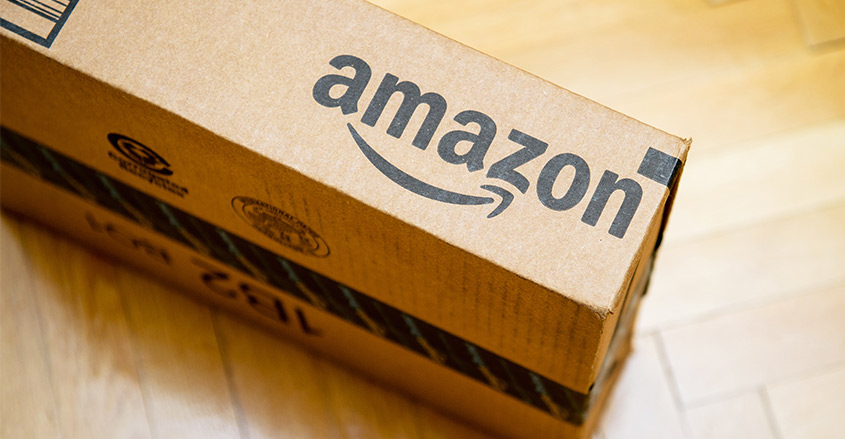Amazon, the online retail giant, has been the latest object of President Trump’s Twitter fury.
Last week, Trump continued his attacks on the company and the negative economic impact of its business practices, claiming that “they pay little or no taxes to state & local governments, use our Postal System as their Delivery Boy (causing tremendous loss to the U.S.), and are putting many thousands of retailers out of business!”
Trump is hardly alone in his criticisms. There have been rumblings from many quarters about whether it is time to deal with the immense market power of Amazon.
I have stated my concerns with Amazon long before the Election. Unlike others, they pay little or no taxes to state & local governments, use our Postal System as their Delivery Boy (causing tremendous loss to the U.S.), and are putting many thousands of retailers out of business!
— Donald J. Trump (@realDonaldTrump) March 29, 2018
For background, consider the following trends.
Shopping mall space has declined. Even though the US economy continues to improve, the real-estate retail sector has experienced closings and for some malls that remain open, inordinately high vacancy rates.
In response, some state and local governments have intervened to level the playing field by enacting laws requiring Amazon to collect sales tax for its online transactions so as to not disadvantage traditional brick and mortar stores.
The central issue that would need to be addressed for determining whether Amazon is engaging in unfair business practices is: How big is big?
In the case of Amazon, according to eMarketer, although it controls approximately 43% of the commerce conducted online, its sales represent only 4% of the total U.S. retail market.
These figures indicate that while Amazon has a prodigious presence online, it may not be liable on anti-competition grounds under the existing provisions of U.S. antitrust laws.
The difficulty with applying regulations that were used against Standard Oil and AT&T is that the economic structure of former conglomerates is radically different from the manner in which Amazon conducts its business.
AT&T was dissolved in 1984 because it clearly dominated one sector of the market. The truth is that existing antitrust law was developed and litigated over years when no one could have foreseen the extent and scope of online commerce dominated by one player.
Current law examines the effects of pricing and less so, the problems integrated businesses pose for maintaining competition.
Some have argued that to be relevant in the internet age, antitrust laws may need to focus less on price and whether consumers initially suffer harm and examine more the impact the size and dominant position of Amazon itself.
Laws evolve slowly
A 2017 article in the Yale Law Journal argued that if Amazon engages in predatory pricing in certain markets it can still limit competition, even though it may be beneficial to consumers.
The article contends that in order to address Amazon’s growing power, the government will need to think outside the confines of existing antitrust law.
It must examine Amazon’s impact and power across horizontal markets and whether or not it is harmful to consumers.
A remaining question, presently unknown, is how receptive legislators, regulators and judges would be to the new approach that would set aside decades of antitrust legal precedent.
In the end, it may be the case that current antitrust law has lagged far behind the new reality of the Internet commerce age. It may need to adapt if it is still to be relevant in diffusing concentrations of economic power in the 21st century.
All of this portends a lengthy period of legal wrangling, of course, the result of which might not even be applied to Amazon by the time the case law is settled, years from now.


